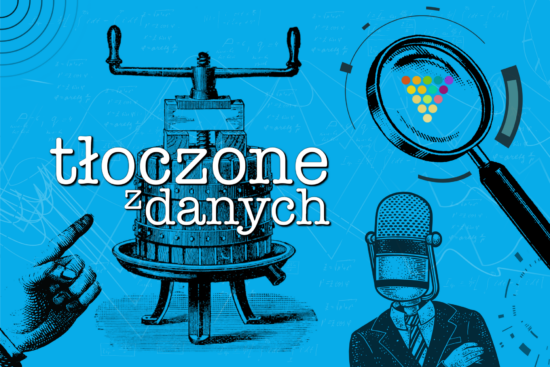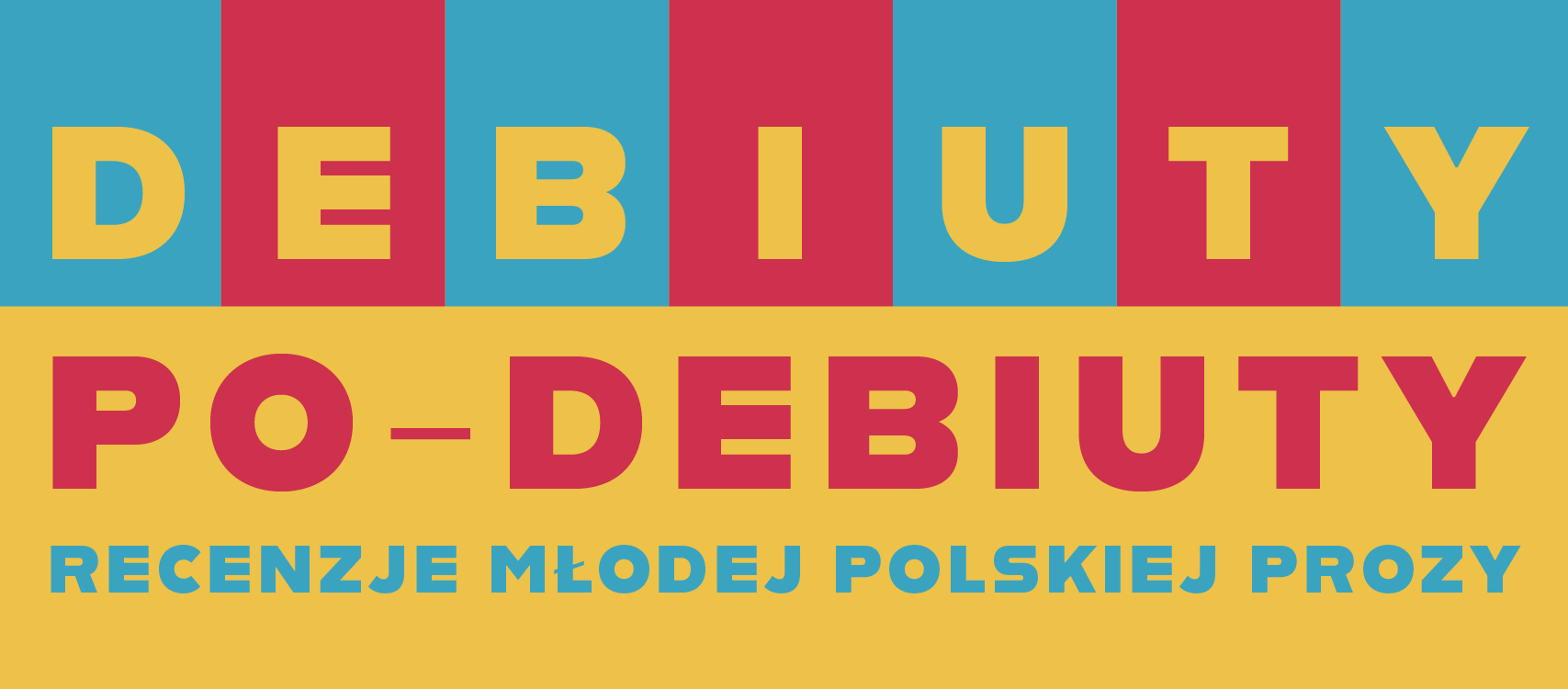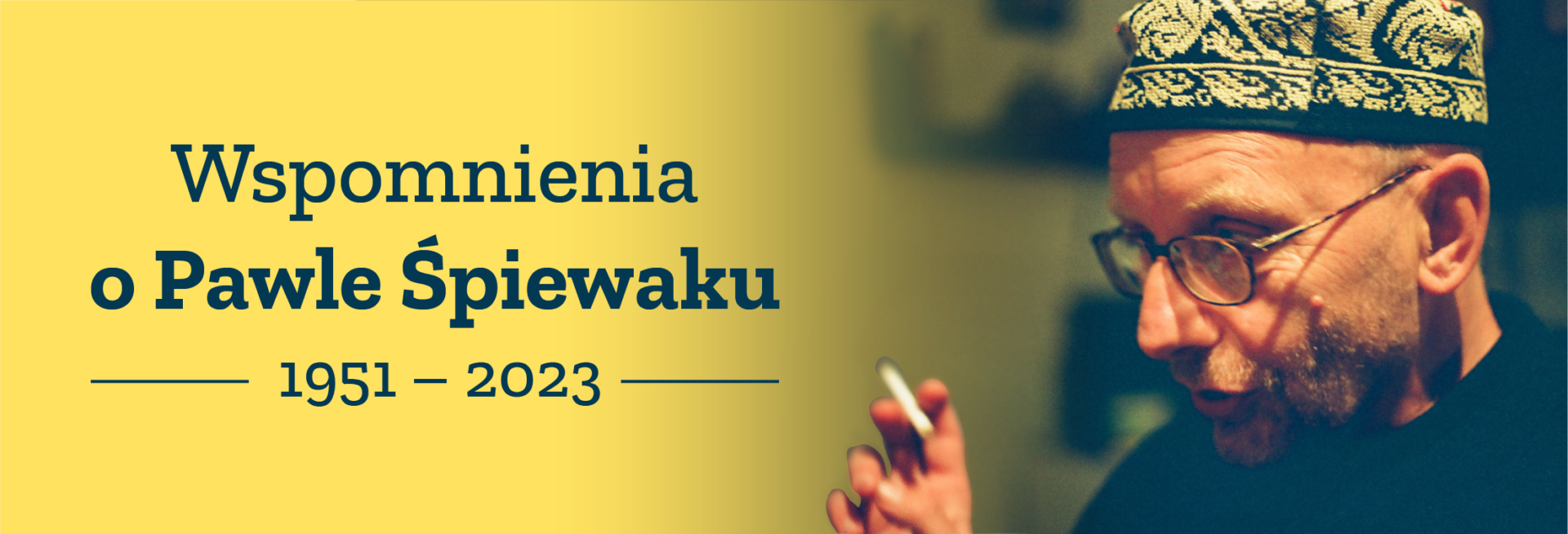KULTURA LIBERALNA > Pytając > The Elephant in...
The Elephant in the Room
The Elephant in the Room
Many say that Big Society is not an action as much as it is a way of thinking how to transform governance and empower the society to take over. But the problem with thinking is that these are not the thinkers who carry on the consequences of the process. So what do people think? Is Big Society an opportunity or just an ‘elephant in the room’ they need to live with?
Anna Mazgal asks Ann Blackmore, Head of Campaigns and Communications at National Council for Voluntary Organisations in England
Anna Mazgal: How much civil society is there in the Big Society?
Ann Blackmore: Big Society is entirely built around the idea of working better with civil society. Citizens and individuals are given more power and more responsibility. But it is not always clear if the government expects the citizens to do it by themselves or if they recognize that individuals work through civil society organizations. Transforming public services is an important part of the agenda, including making the services more responsive to what people want. Voluntary groups are being encouraged to bid for contracts to deliver public services. My concern is that the civil sector is only seen in public service delivery. Whereas my argument will be: if you want public services to be engaged with citizens then you need to make sure that citizens understand what is available to them, understand how to make their voices heard. So it is not only about CSOs running a school or a prison, you need more CSOs campaigning and being a voice for the people. You need to make sure that you can hear what the people want.
Anna Mazgal: So this is a danger?
Ann Blackmore: Yes, there is a role for the civil society in the agenda but also there is a risk this role will be narrowed down to just contracting to deliver public services rather than expanding what people like about the civil society, the space where they can put their interest, care and enthusiasm. And these are not necessarily areas where the government needs to deliver services.
Anna Mazgal: What other challenges do you see?
Ann Blackmore: Civil society isn’t a free good. And there is a concern that the government is assuming that civil society can step in and fill all the gaps emerging after massive public spending cuts. But who is going to run these organizations and how will they be funded? And we are being told we are going to have 25 per cent of the funding cut in the next 6 months. We already starting to see community groups going under, because their funding was withdrawn. If the idea is that the volunteers will take over and run things, then we need to explain that the volunteers cost – you need a proper system in place to help them find volunteering opportunities, to manage and train the people. All that takes time and money. So the fear is that there in not enough realism as to how the sector is able to expand and take on more roles if there is not enough investment in its capacity.
Anna Mazgal: The funding is shrinking and the demand is growing. Is there enough money to do what is planned?
Ann Blackmore: The demand for our support and services is going to grow. Big Society is about communities coming together and supporting themselves. It has already started to get difficult here, not to mention what will happen in 6 months. My fear is that many valuable services will no longer be able to access vital funds – that older people’s lunch clubs may start to be shut down, or after school play schemes. The Big Society will work in areas that are quite well off, where people know how to organize and raise funds. But how are you going to make sure it will work in the areas where there aren’t a lot of ‘pointy elbows’? It will take more than just assuming the communities will get together and take care of themselves.
Anna Mazgal: Big Society demands new ways of cooperation between people. But when the funds are shrinking won’t there be more competition?
Ann Blackmore: Precisely. So will you collaborate or do you compete? This probably is not acknowledged. It is often pointed out that in England we have the problem of having a Scandinavian idea of a welfare state combined with an American attitude to paying taxes.
Anna Mazgal: Using these examples, a library or a school could be something that organized citizens run. The question is whether organizations are ready to do that?
Ann Blackmore: This is a real issue. To do this you need business skills. It takes a lot to run a library, you cannot just rely on volunteers. And small community groups do not necessarily have these skills. There is a strong suspicion that many organizations are not ready to take over these roles. There is a huge difference between a small, locally based volunteer group that meets three times a week and being able to provide services, 9-to-5, five days a week. It moves you from managing volunteers to managing fully paid staff with all the legal strings attached. The other problem is the time commitment needed. People in general want a good library or a good local school but they don’t want to run it! They say, that’s why we pay our taxes for. There is also the question as to whether or not allow failure, too. In the past, if a school wasn’t good enough you would just put more money into making it better. Under this model, does it go out of business? If it isn’t successful, do you just shut it down?
Anna Mazgal: Since you don’t have a choice now of accepting or refusing participation, what can be done to make it work?
Ann Blackmore: The risk is that the Big Society will fail because no one actually believes there are any concrete proposals behind it! There’s starting to be a lot of cynicism, because people see it as ‘hot air’. Nobody yet sees real actions on the ground.
The other concern is that its success depends on how local government works with civil society. And many local authorities don’t have good reputation in working with voluntary sector and at the same time they are facing bud get cuts of 25 per cent. Nobody is quite sure how it is going to look. There will be lots of local variation, and it may become very difficult in some places.
Anna Mazgal: Do you see any opportunities at all?
Ann Blackmore: Yes, there are opportunities if the sector can organize itself. One of the arguments is: just because there is an obligation to make25 per cent cuts, it doesn’t make sense to apply it to our sector. It is not special pleading, it is just saying: if you believe in the Big Society you need to invest in us to make sure we can deliver. And that means making cuts elsewhere.We need to establish what we want to achieve in the end of the day. And then talk to people how we can get there. Not specifying how, just setting the outcome and asking people: you tell us how you think we can achieve it with this amount of money. The opportunity is for those organizations that have exciting, cost-effective, innovative ways of doing things. These can demonstrate: look, this is what we can do. You can replicate that in your area or buy that service from us because it is cheaper than doing it yourself. There are groups that will do very well at the local level just because of that.
Anna Mazgal: Are there groups that may not catch that boat?
Ann Blackmore: The real risk in the current climate is that all of our financial resources will go to services that are considered essential, and cuts will be made to those considered nice to have but not essential. Local art or drama groups may be viewed as unnecessary. The question is whether the people will see them just as nice-to-have or as those that actually make communities civilized, pleasant and are the reason why people chose to live in them. Also, if we move to community budgeting, where citizens decide which groups receive funding there is a real fear that some causes will struggle to get funding because they are unpopular, like hostels for the homeless or drug rehabilitation centers. If you have public voting on where budgets go, the concern is that the community is far more likely to vote for seniors’ club or children’s afternoon activities than for a program for drug users. A look into where people allocate their money for charity demonstrates there are popular and unpopular causes.
Anna Mazgal: The unique value of the state is the obligation to take care of those who are not well represented or marginalized. Are the communities under the Big Society scheme bound to overlook those who are not strong enough to voice their own opinion?
Ann Blackmore: This is where the role of local government is very important. The role of the community and volunteer groups is to fight for their corner and not to worry about balancing it against somebody else. If you are old and want the funding for your bowling club, you want the money at the expense of the young people’s networking club. The role of the local authority is to balance out those needs and to make sure the resources are divided fairly. Or, to work out who is in greater need and not who is the best in campaigning or putting down funding applications. Their role in balancing competing needs is going to be much more important.
Anna Mazgal: So after balancing the challenges and the opportunities, are you a pessimist, an optimist or a realist?
Ann Blackmore: I think at the NCVO we are going for a combination of realism with a bit of optimism. It is going to be difficult, there are going to be challenges, there are going to be organizations that will be forced to shut down. In the current climate when people are competing for money, it may focus attention on who is doing things just because this is the way they have always done it, and who is doing things that really make a difference. That will be hard for some. But for those that survive there will be a possibility to do things in a new way. You have to be good at what you do and able to demonstrate that what you do is good.
„Kultura Liberalna” nr 97 (47/2010) z 16 listopada 2010 r.
Skoro tu jesteś...
...mamy do Ciebie małą prośbę. Żyjemy w dobie poważnych zagrożeń dla pluralizmu polskich mediów. W Kulturze Liberalnej jesteśmy przekonani, że każdy zasługuje na bezpłatny dostęp do najwyższej jakości dziennikarstwa
Każdy i każda z nas ma prawo do dobrych mediów. Warto na nie wydać nawet drobną kwotę. Nawet jeśli przeznaczysz na naszą działalność 10 złotych miesięcznie, to jeśli podobnie zrobią inni, wspólnie zapewnimy działanie portalowi, który broni wolności, praworządności i różnorodności.
Prosimy Cię, abyś tworzył lub tworzyła Kulturę Liberalną z nami. Dołącz do grona naszych Darczyńców!
PRZECZYTAJ INNE Z TEGO NUMERU
KOMENTARZE






















